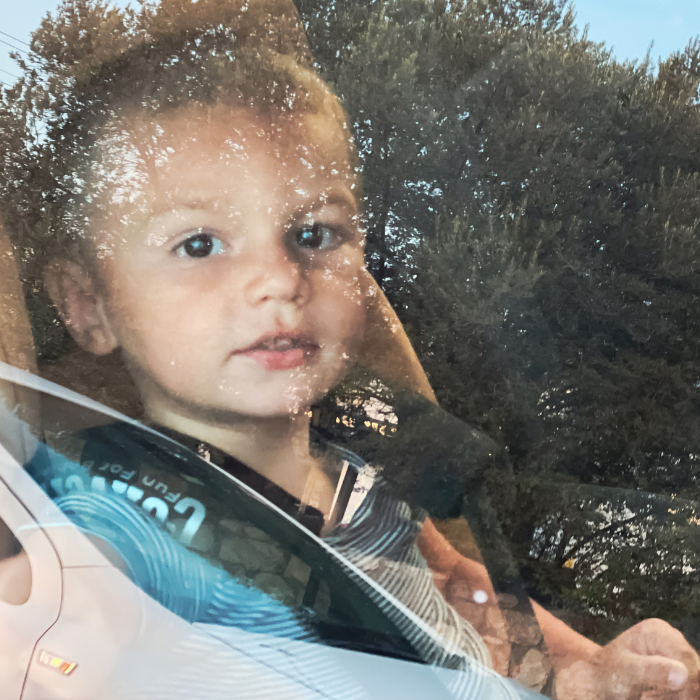
Whooping cough is a seriously dangerous bacterial disease that, prior to immunisation, was a major cause of infant death. New Zealand is currently in the midst of an outbreak and your family could be at risk.
Whooping cough, otherwise known as pertussis, is a highly infectious bacterial disease spread through coughing and sneezing. It causes severe coughing and can lead to pneumonia, brain damage, convulsions and even death. The current epidemic started in April 2011 and has led to more than 8,800 cases reported (as of April this year). Whooping cough is common in New Zealand, where there is an outbreak of the disease every three to five years.
how will I know if my child has whooping cough?
Whooping cough begins with cold-like symptoms such as a runny nose, sneezing, a slight fever and a mild cough. The disease creates inflammation in the upper respiratory tract, creating a thick mucous which blocks the airways and causes children to gasp for air, creating the distinctive ‘whoop’ sound (this may not be audible with very young infants). The cough can be so severe that the child vomits or turns blue. Adults and older children don’t normally make the ‘whoop’ sound, but can still get very sick. Worryingly, symptoms can present differently in infants – they may stop breathing or even die suddenly instead of having obvious coughing fits. Symptoms can last up to three months and whooping cough is therefore sometimes referred to as the ‘100 day cough’.
is whooping cough dangerous?
Whooping cough can be very serious for babies and children – especially those under 1-year-old. If babies catch whooping cough, they may not be able to feed or breathe or sleep properly, they may be susceptible to middle ear infections and, in severe cases (particularly young babies), they may need to be hospitalised due to dehydration, apnoea (slowed or stopped breathing), pneumonia, brain damage and seizures.
how could my child catch it?
Many babies catch whooping cough, through coughing and sneezing, from their older siblings or parents – often before they’re old enough to be vaccinated. The disease is most infectious in the first couple of weeks, when symptoms are like a normal cold. Whooping cough continues to be infectious three to four weeks after the cough starts.
what can I do if my child has whooping cough?
If you think you or a family member has whooping cough, see your doctor as soon as possible. Doctors can test with nose and throat swabs, as well as chest x-rays and blood tests. Antibiotics are used in the treatment of whooping cough, although they are most effective when given in the very early stages of the disease. Bed rest, small frequent meals (to reduce chances of vomiting) and plenty of fluids will help ensure your child is as comfortable as possible. Use of a humidifier to warm and moisten the air may be helpful in soothing the airways and reducing coughing spasms, or sitting with the child in a steamy bathroom can also be effective. Feeding, crying, and tobacco smoke are often triggers to cough, so keep your child calm and in a non-smoking environment. Note that cough suppressant medicines are not effective in treating whooping cough.
how can I protect myself and my family?
The best and easiest way to protect your child is through immunisation. All babies in New Zealand can be immunised against whooping cough as part of their free childhood immunisations. It’s important to protect babies from whooping cough by getting them immunised on time. They’re not protected until they’ve had all three doses – at 6 weeks, 3 months and 5 months old. Booster doses are given to children when they’re 4 and 11 years old. It’s important to remember that protection wanes over time. People can get whooping cough some years later, even if they’ve been immunised or have had it before.
what if I’m pregnant?
If you get whooping cough while you are pregnant or after your baby is born, there is a high chance you will pass it on to your baby. Therefore, you should consider having the vaccine to reduce your risk. It is also thought that through this vaccine, you may pass on some temporary immunity from whooping cough to your baby.
As of January this year, pregnant women (between 28-38 weeks) are able to receive a whooping cough booster vaccination for free. It’s recommended that you have this booster even if you have had a childhood whooping cough vaccination, or one more than five years ago.








